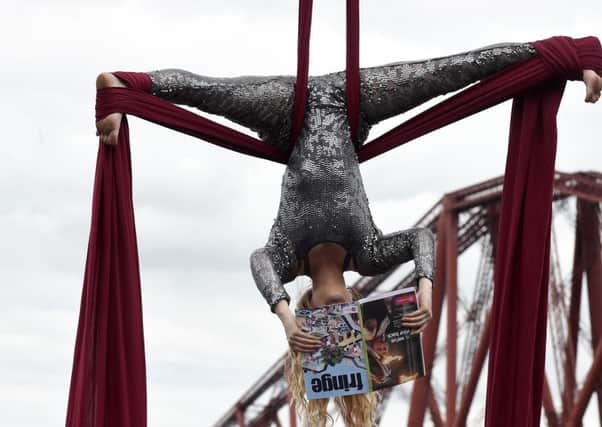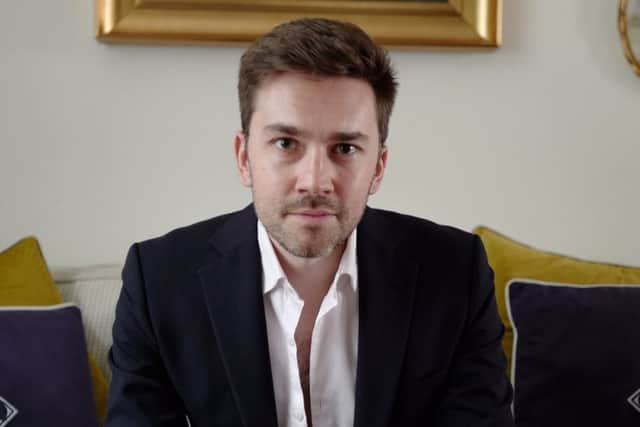If you work in the creative industries you’re in business – Robert Lucas


Edinburgh is built on stories and there’s definitely a story to be told about the importance of the creative industries to Edinburgh’s economy.
Hundreds of local firms in fields like arts, culture, media and design sustain thousands of jobs in the Capital, turning over almost £1 billion annually. Across Scotland the creative industries are worth close to £5bn annually and this figure rises to £100bn across the UK.
Advertisement
Hide AdAdvertisement
Hide AdWhile the scale of this economic contribution is undeniable, we’re left with a curious question to answer: why is it that words like “creative” and “business” don’t always feel like they sit comfortably alongside each other, especially for those in the industries?


As, among other things, a writer and composer who has earned my living from working in the creative industries for 20 years, I’m still amazed at the number of people I meet who are in the business, but don’t consider themselves in business.
It might be that for a large share of creatives, their career path has been more interesting and winding than your typical business. In most industries there is a clear path from education to employment, but for many in the creative world that isn’t always the case. They’ve dabbled in this, and tinkered in that, and may regard themselves as an artist or storyteller first, and everything else second.
But it is important to encourage creative hobbyists and those who feel disempowered (by a system which isn’t always set in our favour) to step up and think of themselves as businesses, whether freelance or entrepreneurial. And it is equally important that we get big firms and government to treat these local creative entrepreneurs with the respect they deserve.
Of course nobody becomes an artist because they want to fill in VAT returns or write business plans, but make no mistake, the freelancers, self-employed and business owners who are driving this £100bn industry most certainly are in business.
That’s because the reality of a life telling stories, or producing art, or supporting people that do so can be difficult.
They face the same fundamental issues as the small guys do everywhere: bully-boy tactics from big businesses (I myself have experienced questionable behaviour from venues at the Fringe); the inflexible application of one-size-fits-all rules by government and the private sector, for example in terms of regulation and insurance; and overheads only ever spiralling upwards, such as fuel, utilities, studio space, materials etc.
Advertisement
Hide AdAdvertisement
Hide AdThere are also some challenges, while not unique to the creative industries, which are particularly pronounced in the sector, for example access to finance can be difficult when cash-flow can be unpredictable or seasonal.
What we need to do, then, is tame the business side of things to free our creatives up to get on with producing their next work. And we all have a part to play there. Organisations like the Federation of Small Business can provide a range of services and solutions to ease the day-to-day pressures and mitigate common risks. But larger organisations – everyone from local authorities to HMRC to big businesses – have a role to play to ensure their policies and products are designed for the atypical entrepreneur.
When it comes to our stories – whether you want to perform them or design them – we are the creative industries and we need to recognise ourselves as such. That’s the story we all need to tell.
Robert Lucas is an Edinburgh-based writer and composer. He is also the first Creative Industries Policy Chair for the Federation of Small Businesses